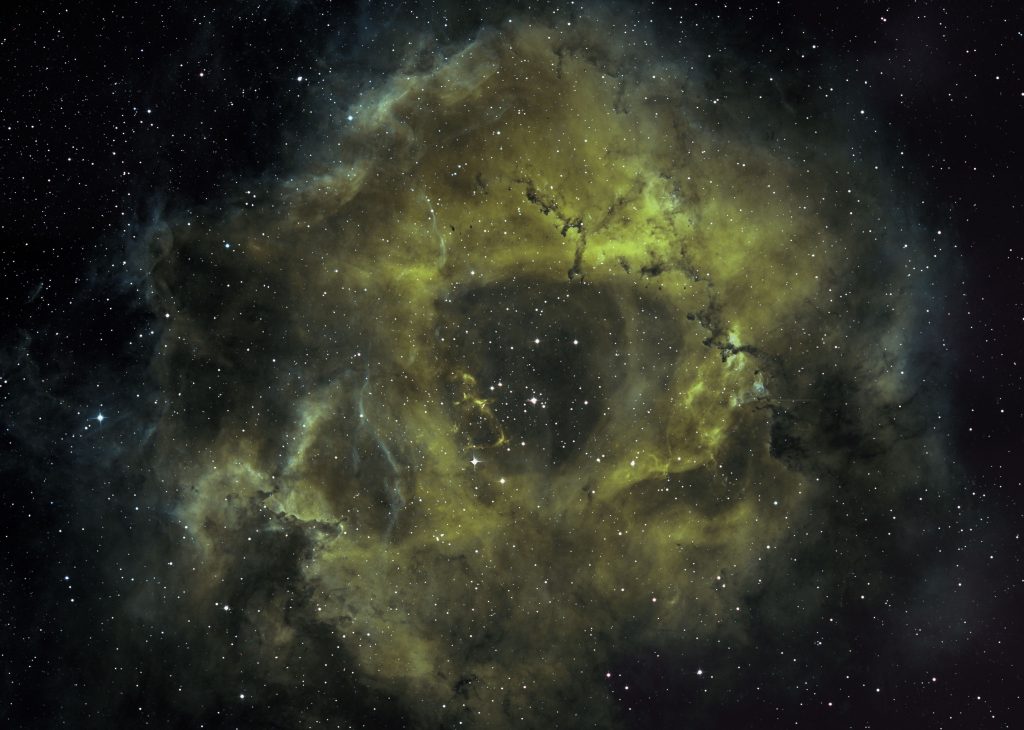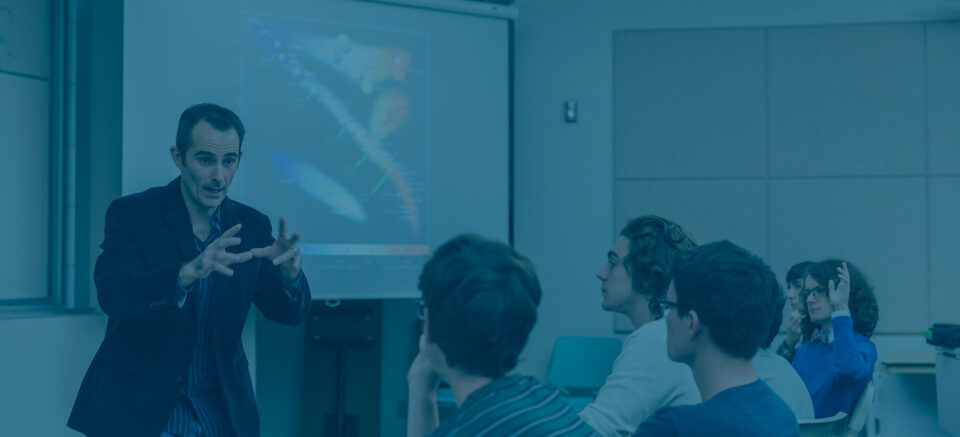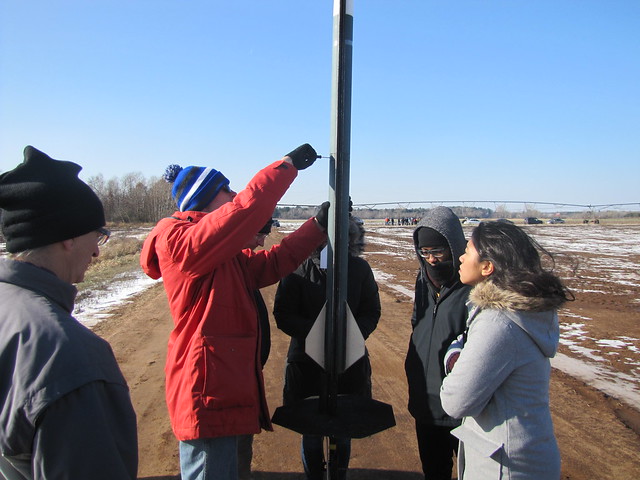

Physics & Astronomy
Explore the great unknown.
Physics is fundamental to understanding our universe
Our subject matter underpins every other natural science, so physicists get to study everything from quarks to the cosmos. As exceptional problem-solvers, physicists use the most basic laws of the universe to attack its toughest questions. Whether you’re curious about how solar panels convert photons to electricity, or you wonder why black holes send ripples through space-time, the answers lie in physics.
Our professors will guide you through the pillars of the discipline—electricity and magnetism, quantum mechanics, classical mechanics, statistical mechanics, and computational physics—while preparing you to explore the forefronts of knowledge. (And we’ll do it in style, through a little something called Hawaiian Shirt Fridays.)
Why Macalester? Research
At Macalester, we think the real work of physics isn’t doing problem sets. It’s shooting laser beams at atom-thick sheets of carbon, or using telescopes to probe the nature of galaxies that are millions of light years away.
We live in such an exciting time for physics and astronomy. Improved technology is rapidly increasing the rate of research and discovery, both around the world and here at Macalester. And we guarantee our majors get to take part. Every single Macalester physics major completes an original research project of publishable scope before they graduate—whether they’re working at a professional observatory or side-by-side with their professors in a lab on campus. For previous projects, see our in-house journal of physics and astronomy.
Life after Macalester
-
Recent Employers - 3M
- Proctor and Gamble
- Food and Drug Administration
- NASA
-
Recent Graduate Schools - Cornell University
- University of California—Irvine
- University of Virginia
- MIT
- University of Minnesota
Physics & Astronomy in the cities
16
Fortune 500 companies are near campus, including 3M
Access to the University of Minnesota’s top research labs
8
Minnesota’s rank in the nation for businesses in technology and science
Join the community
- High-Power Rocketry Club – Build a rocket and show it off at competitions around the region
- Physics and Astronomy Club – Host public observing nights with Macalester’s research-grade telescope (or take in a sci-fi movie with the group)
- Weekly Seminars – learn something new from professionals in the “star” business
- Physics Wing – Study or hang out in our slice of Olin-Rice

Department Happenings
6 December 2023, from MPR News, Minnesota Now:
Macalester (Physics) student Camellia Schwartzman and three of her classmates visited Dubai to witness this year’s United Nations’ climate summit, COP28.
12 October 2023: The MACRO Consortium had a very productive and enjoyable onsite visit last week. Four Macalester students and one alum accompanied Professor John Cannon and Brian Adams to the Winer Observatory in Sonoita, AZ. Feel the energy and discovery that all of us felt in the video (created by colleagues at Coe College–turn sound on) and images!
6 September 2023: The MACRO (Macalester-Augustana-Coe Remote Observatory) Consortium is delighted to circulate our First Annual MACRO Newsletter!
5 June 2023: The 2023 edition of the Macalester Journal of Physics and Astronomy (MJPA) is available on Digital Commons. Check out the research of our 2023 graduates!
25 June 2021: Four Macalester Physics and Astronomy teams successfully participated in the RockOn 2021 workshop. Three of the devices they built will fly on a sounding rocket launched from NASA Wallops facility in Virginia. Estimated maximum elevation 75 miles. Splashdown in the Atlantic Ocean after a 15 minutes flight. The fourth device will fly on a HASP balloon mission in September.
Links for Current Students
